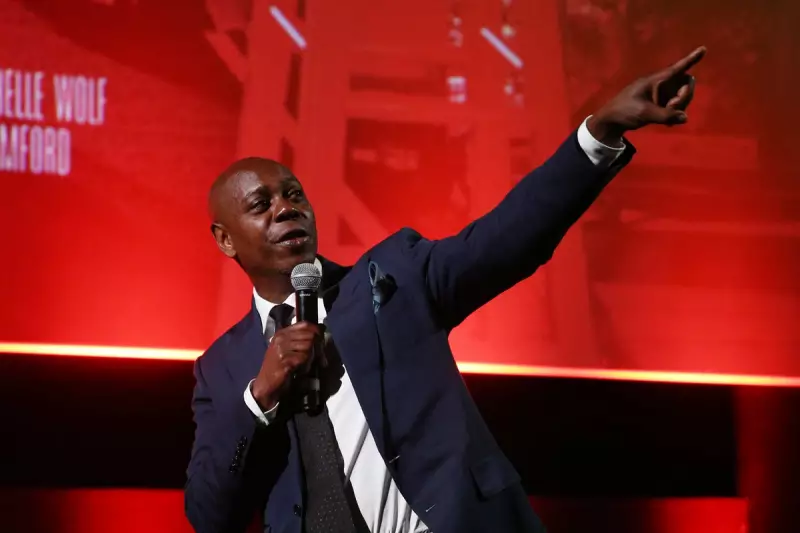
Saudi Arabia's bold venture into the world of comedy entertainment is generating more than just laughs, as human rights organisations worldwide voice serious concerns about the kingdom's motives behind the cultural initiative.
The Comedy Crown Festival: A New Era of Entertainment
Riyadh recently played host to the Comedy Crown Festival, an ambitious event featuring international comedy stars including renowned American comedian Chris Tucker. The festival represents part of Crown Prince Mohammed bin Salman's Vision 2030 strategy, aimed at diversifying the kingdom's economy and transforming its cultural landscape.
However, the laughter and entertainment mask deeper controversies that have human rights advocates questioning the authenticity of these reforms.
Human Rights Organisations Raise Alarm
Leading human rights groups have expressed significant concerns about Saudi Arabia's entertainment push. Maya Foa, director of Reprieve, didn't mince words: "While Chris Tucker performs in Riyadh, the Saudi state continues to execute people for non-violent crimes."
The criticism highlights the stark contrast between the kingdom's new entertainment offerings and its ongoing human rights record, particularly regarding freedom of expression and political dissent.
Entertainment Versus Reality
The Saudi government has heavily promoted its entertainment sector as evidence of social liberalisation. Yet human rights monitors report that these changes coexist with continued suppression of free speech and harsh punishments for dissent.
Foa emphasised this contradiction, noting that "the same justice system that sentences people to death for protesting or tweeting is overseeing this new 'liberal' era of comedy and concerts."
International Comedians Face Ethical Dilemmas
The participation of international comedy stars in Saudi events raises important questions about artist responsibility and ethical performing. While the kingdom offers substantial financial incentives, performers must weigh these against the human rights situation.
This creates a complex landscape where entertainment and ethics collide, forcing artists and audiences alike to consider the price of laughter in restrictive environments.
The Future of Saudi Entertainment
As Saudi Arabia continues to invest heavily in its entertainment sector, the international community watches closely. The success or failure of these initiatives could significantly impact the kingdom's global standing and its ability to attract international talent.
The fundamental question remains: Can genuine cultural transformation occur without corresponding political and human rights reforms?





